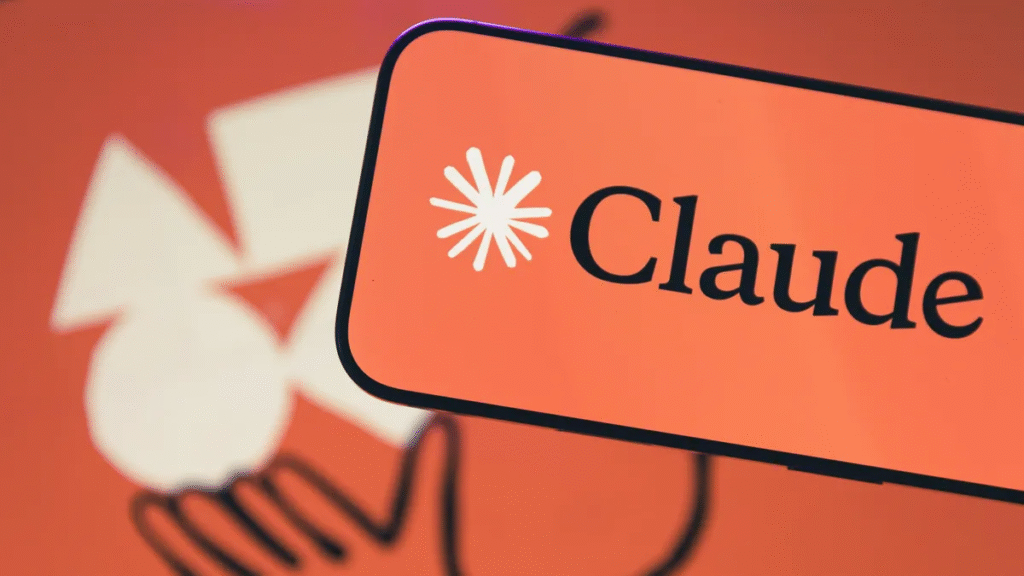Anthropic has unveiled two new AI models, Claude Opus 4 and Claude Sonnet 4, at its first developer conference. These models can break down big tasks into many smaller steps. They can study large sets of data, plan through long processes, and carry out complex actions. Both models shine at programming tasks, helping people write and fix code more easily.

Who Can Use Them and How Much They Cost
Claude Sonnet 4 is available to anyone using Anthropic’s free or paid chatbot apps. Claude Opus 4 is for paying customers and enterprise users. When companies call these models through the API on Amazon Bedrock or Google Vertex AI, they pay by the tokens they use. Sonnet 4 costs three dollars per million input tokens and fifteen dollars per million output tokens. Opus 4 costs fifteen dollars per million input and seventy‐five dollars per million output tokens. A million tokens is about seven hundred fifty thousand words, which is longer than a famous long novel.
How They Compare and Stay Safe
Opus 4 leads on tough coding tests but does not top every measure. It can stay focused for hours on end without losing track. Sonnet 4 replaces the older Sonnet 3.7 model and shows gains in math, coding, and following instructions. Both models are much less likely to take unfair shortcuts, a problem called reward hacking. To keep users safe, Anthropic built stronger content filters and security checks into Opus 4 after tests showed it could be misused to plan dangerous acts.
Behind the Scenes of Model Thinking
When the reasoning mode is on, Opus 4 and Sonnet 4 pause to think through problems before answering. They show you a short summary of their thought process so you can understand how they reached their answer. This helps you trust their work without seeing every detail they considered, which also protects Anthropic’s technical edge.
New Developer Tools for Coding
Anthropic has updated its Claude Code tool to help programmers work right from their terminal or editor. Developers can now use an SDK to connect Claude models to third‐party apps and plug into popular environments like Visual Studio Code and JetBrains. A GitHub connector lets Claude Code review pull requests, suggest fixes, and adapt to feedback without leaving your code space.

A Steady Stream of Improvements
Anthropic is aiming for rapid growth and has big revenue goals, targeting twelve billion dollars in 2027, up from about two point two billion this year. The company has new funding in place and plans to keep updating its models on a monthly basis so users always work with the latest advances. By rolling out frequent updates, Anthropic wants to keep developers at the frontier of AI capabilities.





